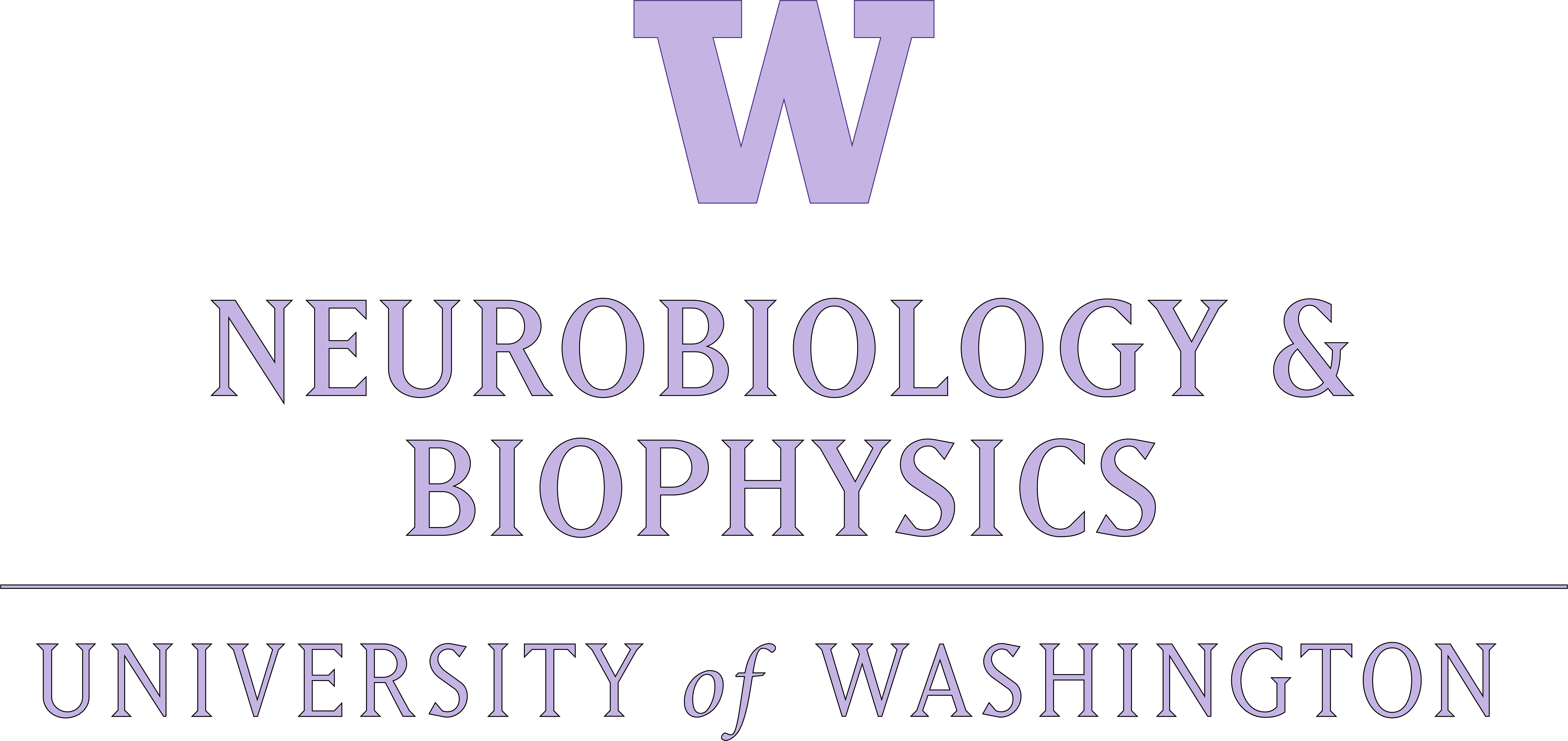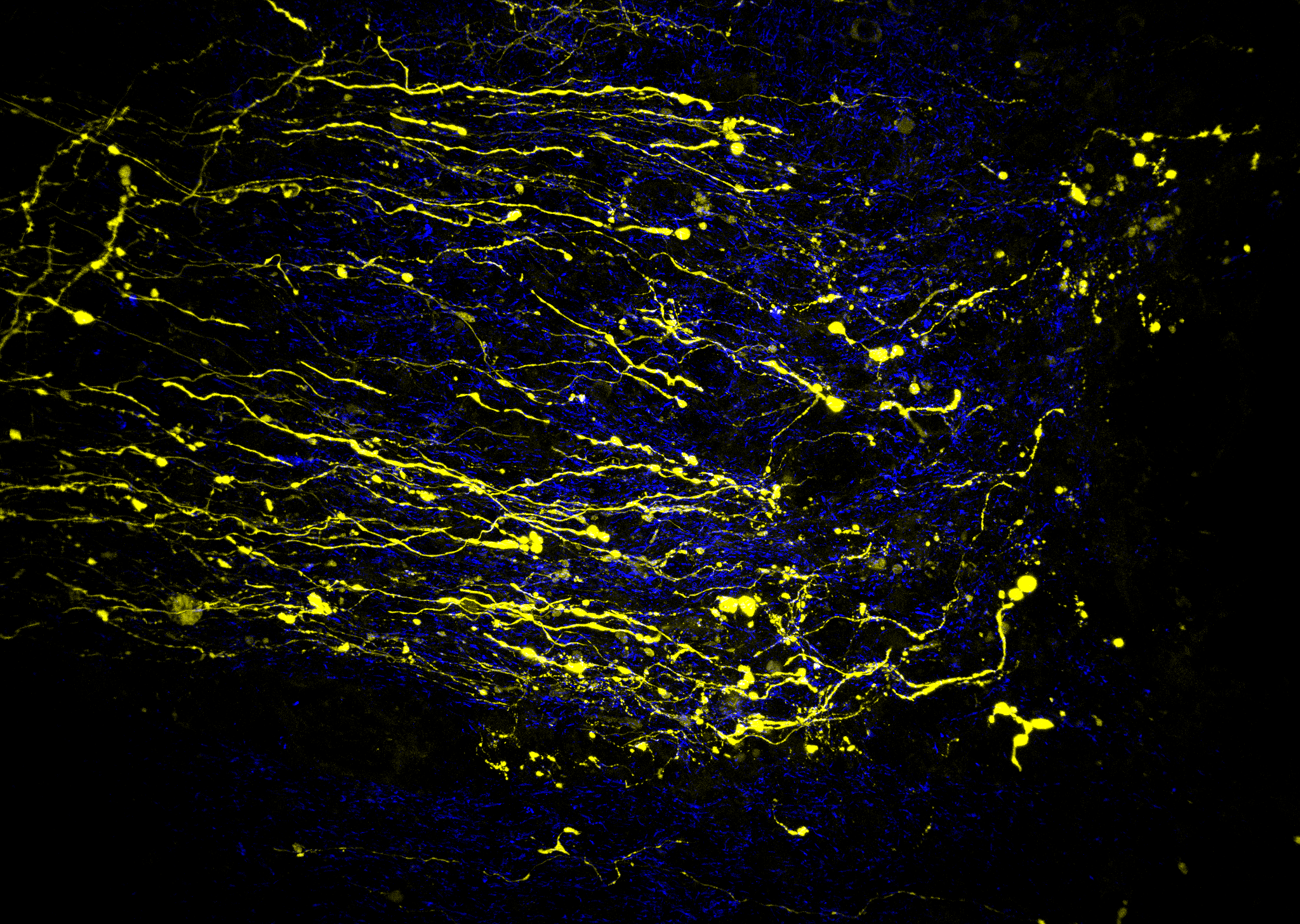Oscar Vivas, PhD
Assistant Professor, joint with PharmacologyDysregulation of homeostasis during aging
During aging, homeostasis is lost. Blood pressure is hardly controlled, heart rate decreases and cannot keep up with extenuating activity, breathing becomes problematic, sleep time decreases, and even simple tasks like salivation and urination become a challenge. The autonomic nervous system controls all these daily tasks.
Hence, aging dysregulates the function of the autonomic nervous system. Is aging a perturbation factor for which the autonomic nervous system can respond? When does aging become a stressor for which the autonomic nervous system cannot compensate? What are the cellular and molecular properties of the autonomic neurons altered by aging? We study how aging alters the function of the autonomic nervous system and aim to learn more of the neurobiology and physiology of this relevant system. Our research team uses electrophysiology, high-resolution microscopy, and molecular biology to address these questions.


